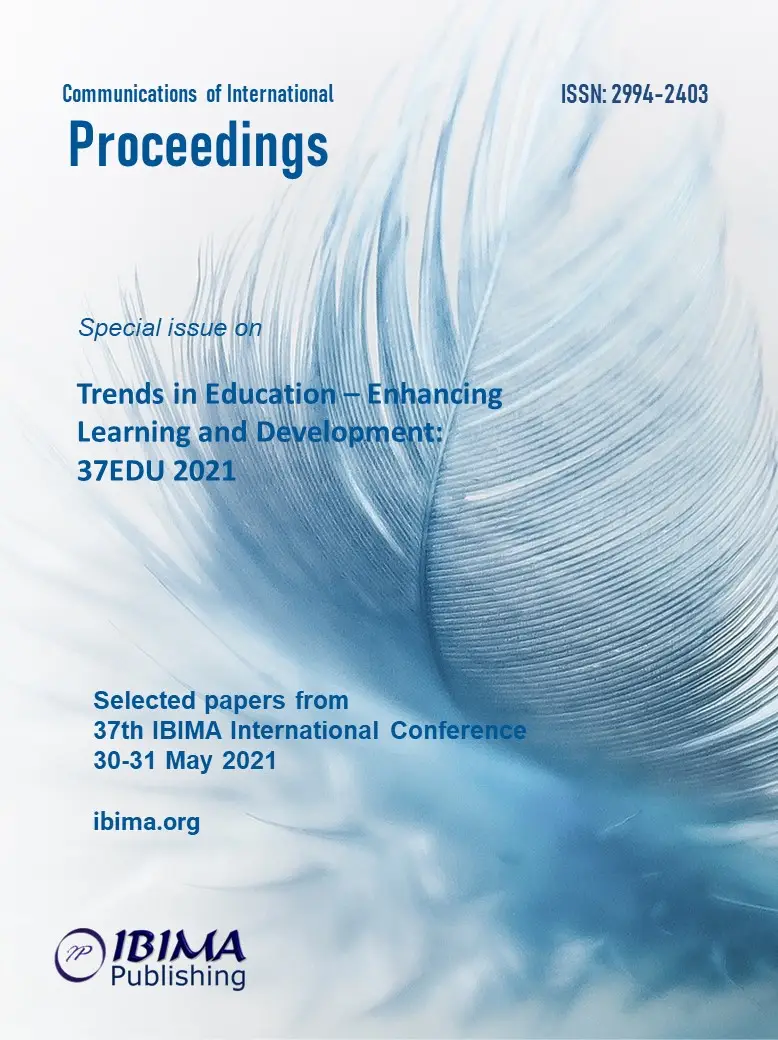

Zuzanna OSTRASZEWSKA and Agnieszka TYLEC
Czestochowa University of Technology, Częstochowa, Poland

The aim of the paper was to present the results of research on the competences of students/graduates. The research was conducted among students of public university, participants of the project “Be Creative – human resources development for the business services sector”. The project was implemented in 2018-2020 based on co-financing from the European Social Fund under the Operational Programme Knowledge, Education, Development 2014-2020 (OP KED). The assumption of the project was to increase the competences of future staff of the business sector, i.e. students of public universities studying finance and accounting. The most sought-after competences among potential employees were determined on the basis of direct interviews conducted with entrepreneurs before the launch of the project. As a result of the survey, the students’ expectations in terms of their competences (state and development needs) were identified, the degree of meeting these expectations thanks to participation in the project and its measurable effects, expressed in employment undertaken after graduation (within 6 months from the completion of the project). The following methods were used to interpret the results: analysis, description and graphical presentation of data.
The implementation of this type of projects at universities results from the discrepancies that exist between the expectations of employers and the competences of students, who constitute their future staff. Due to the fact that the scope of support offered to students was created in cooperation with the employers of the region in the services sector with the highest development potential (BPO/IT/SSC), the results obtained and presented in the paper may constitute the basis for further research aimed at reducing the differences and matching professional students’ competences to meet the expectations of employers.